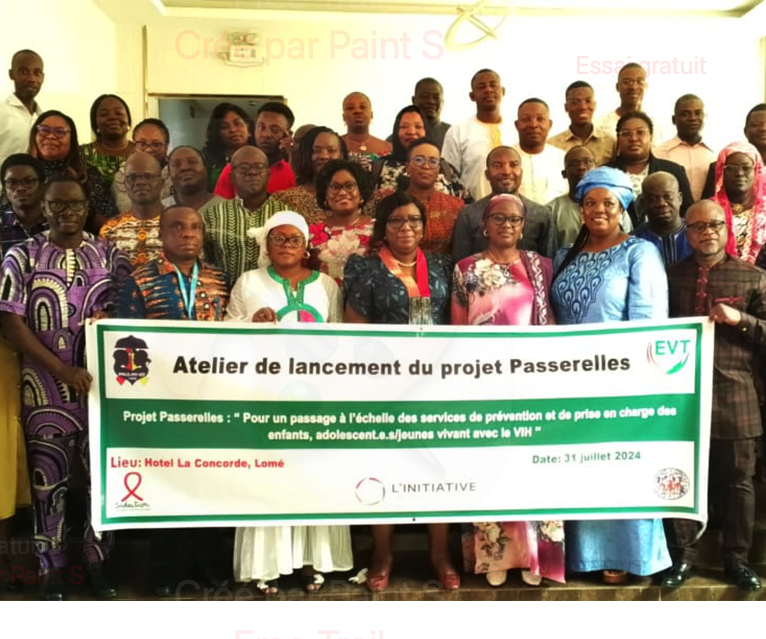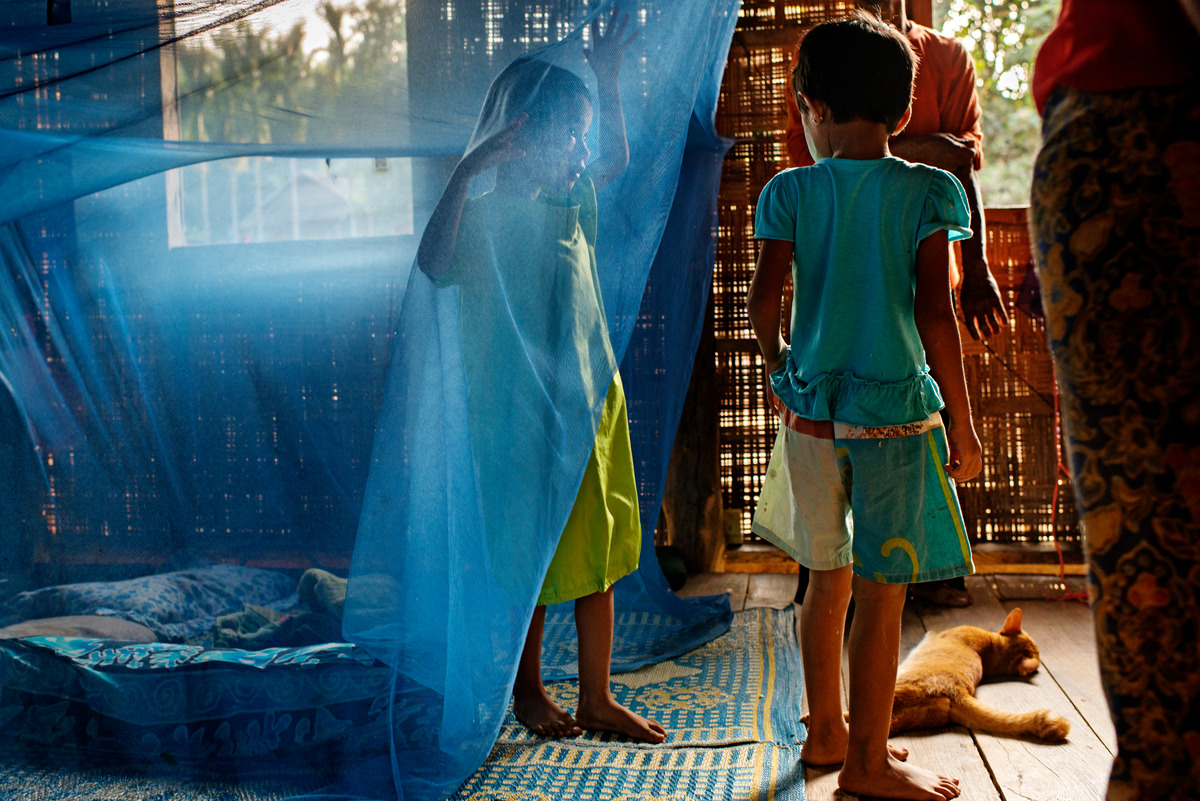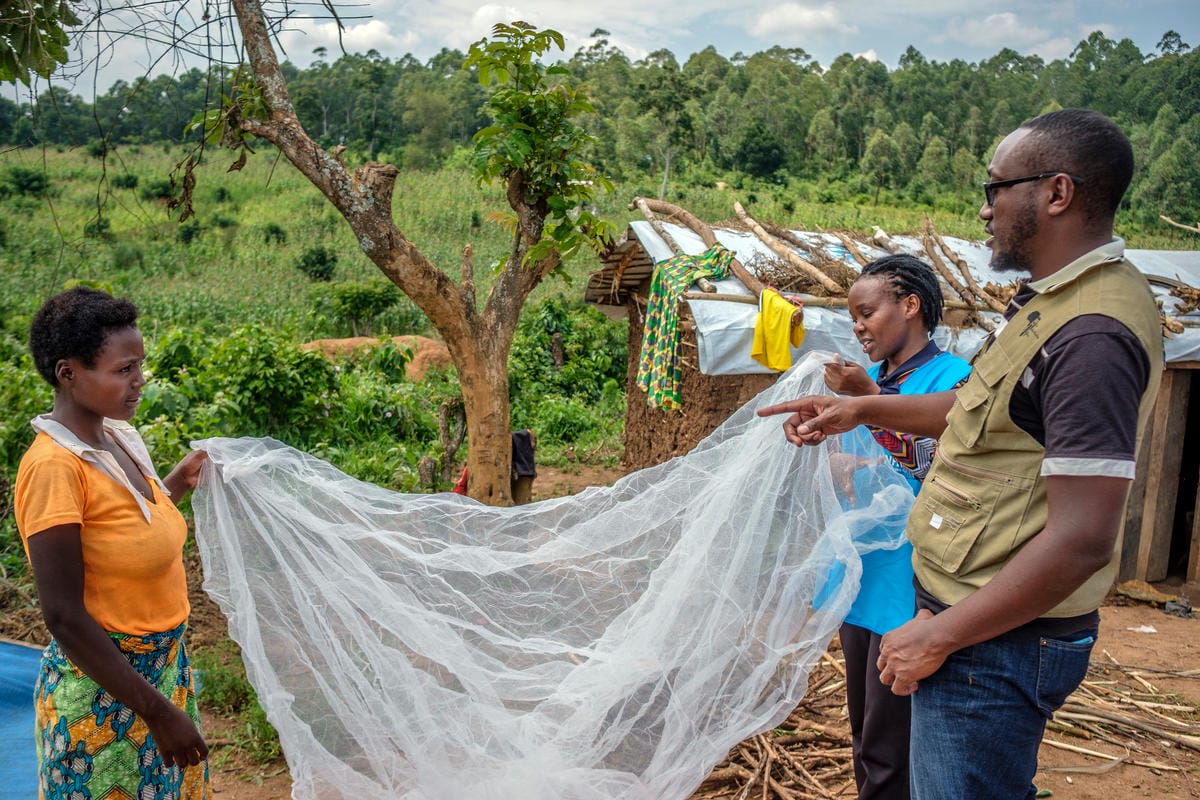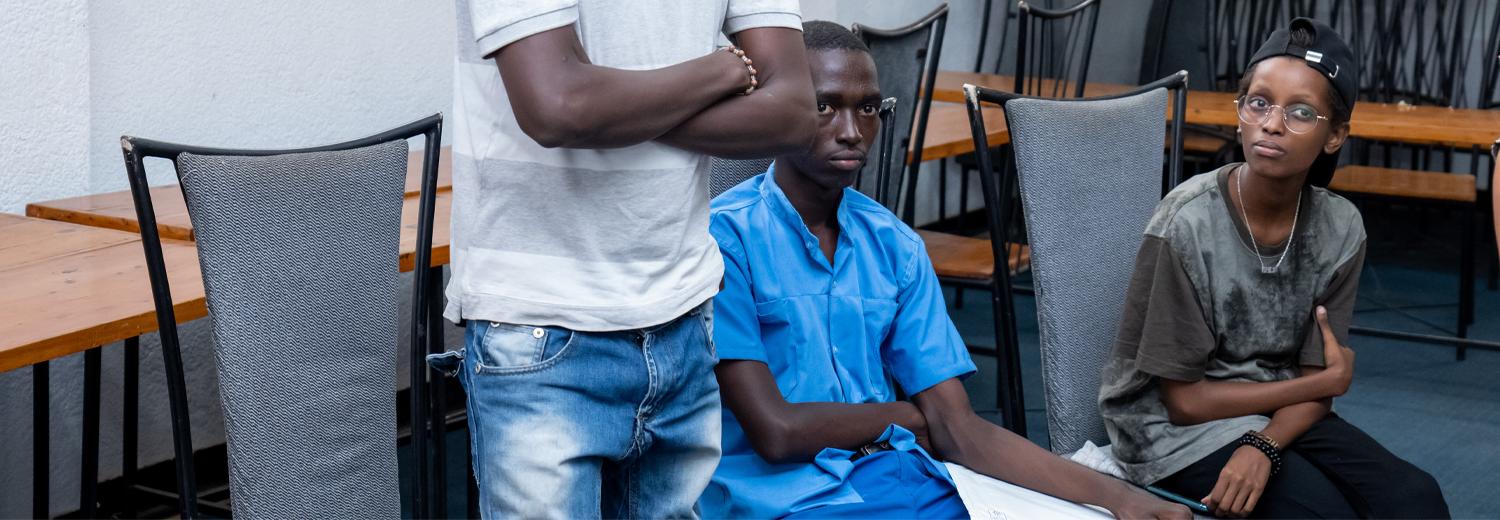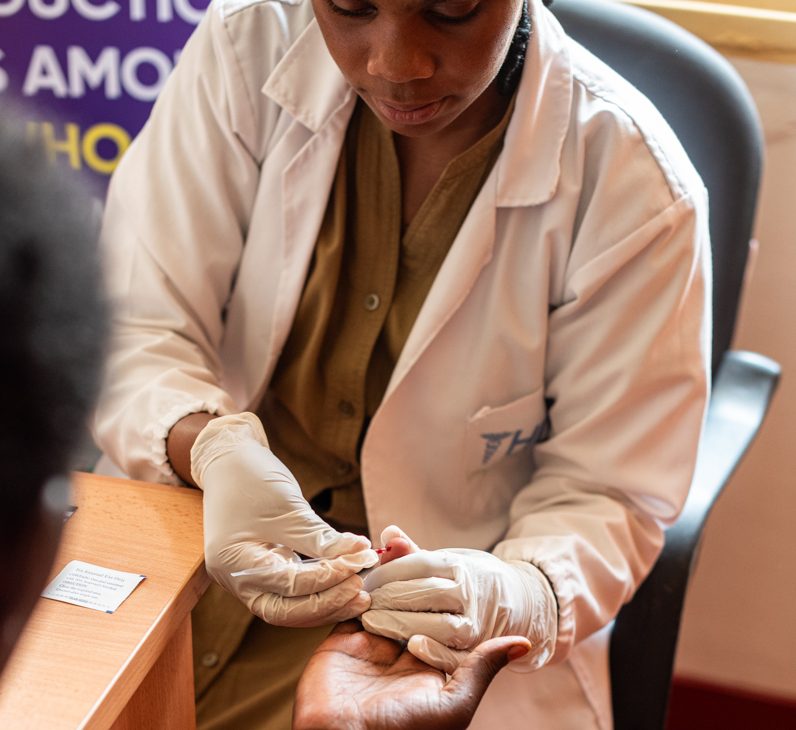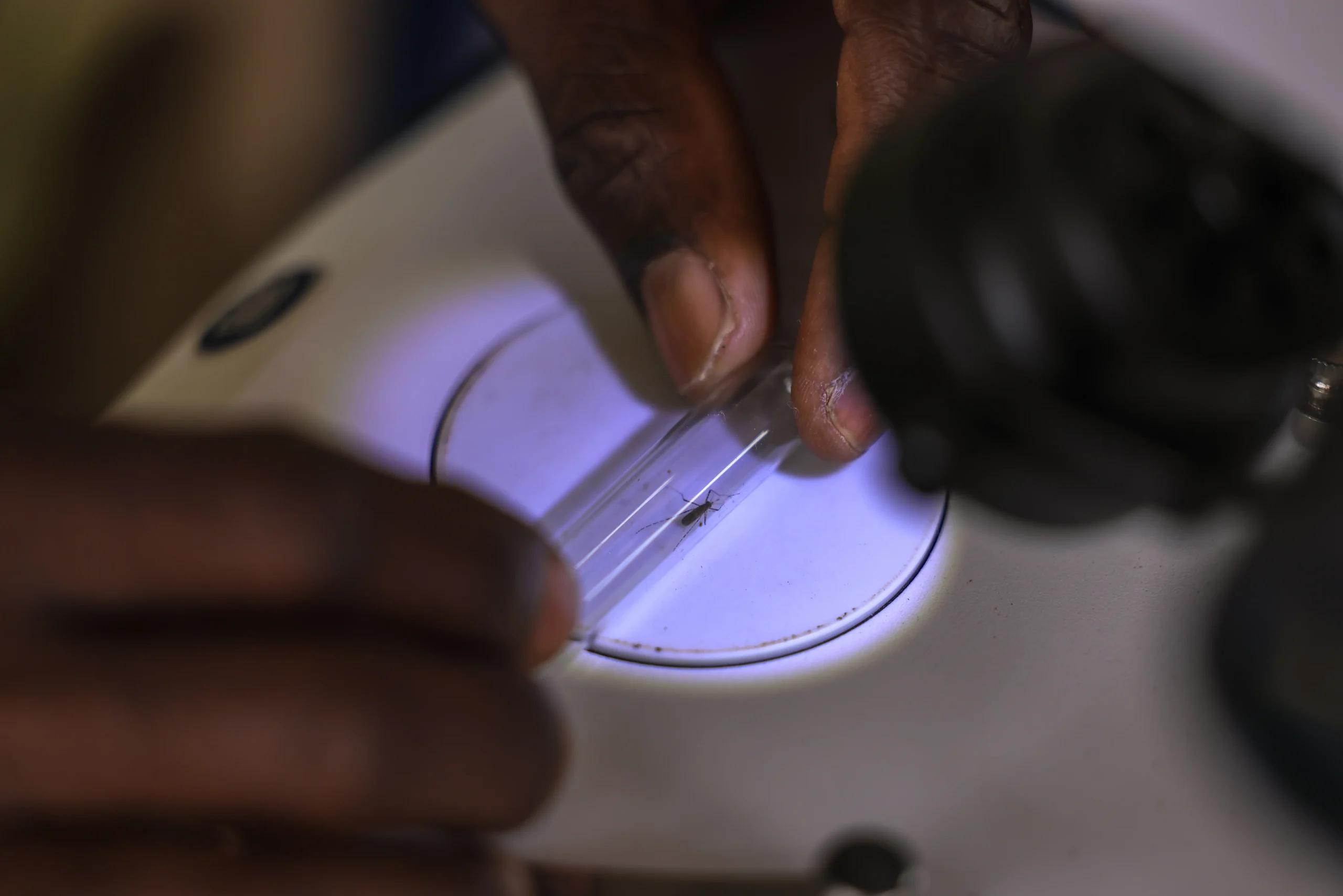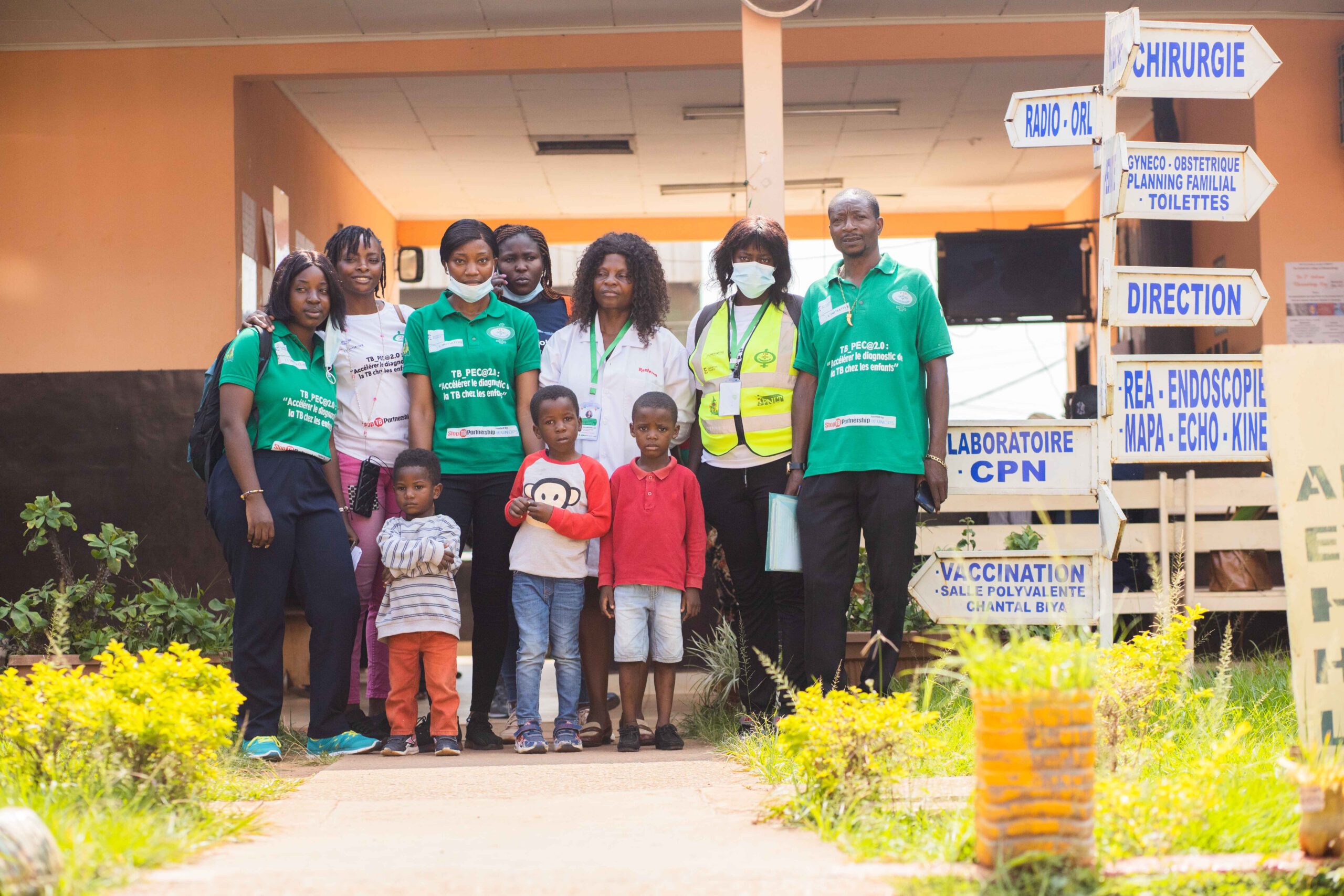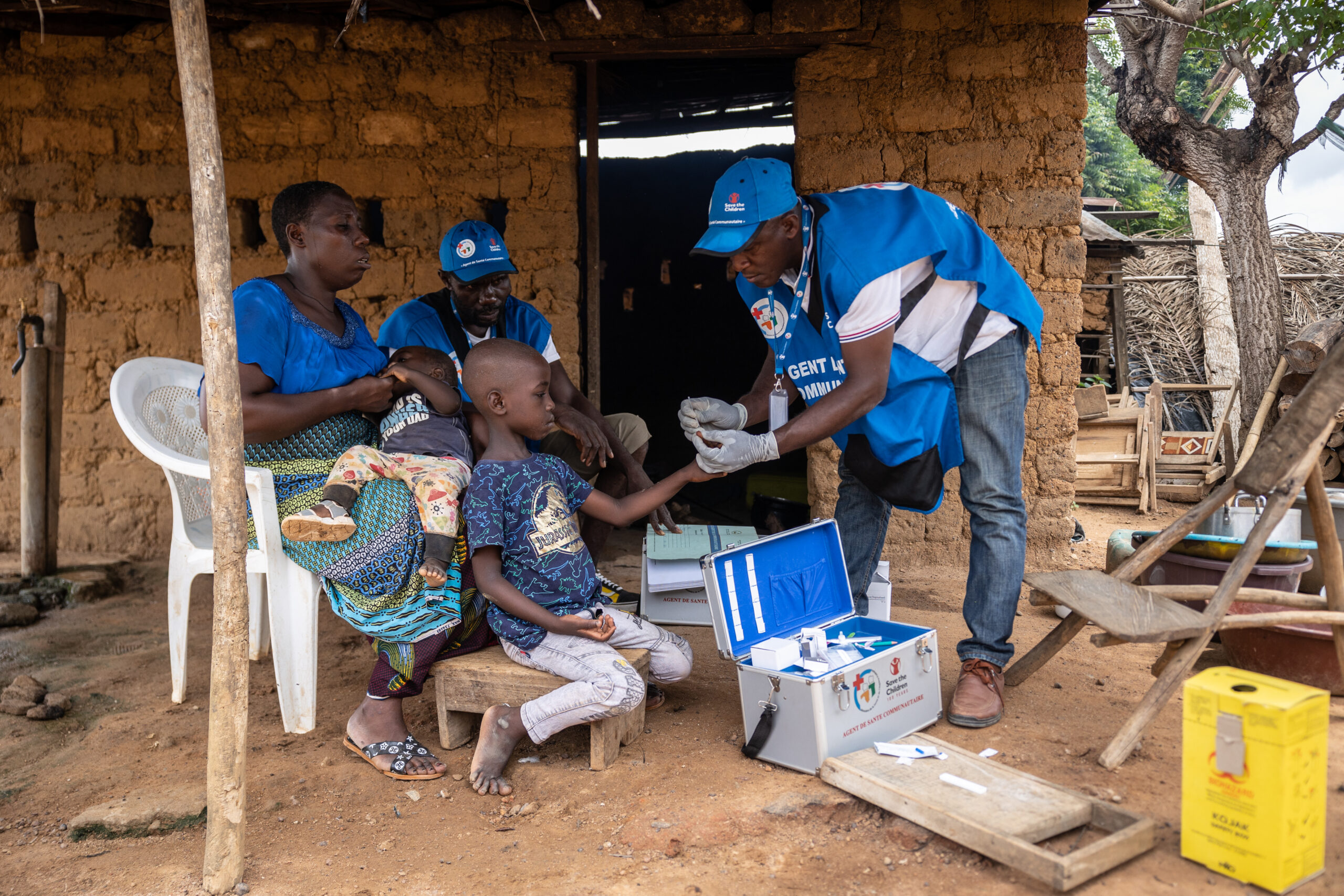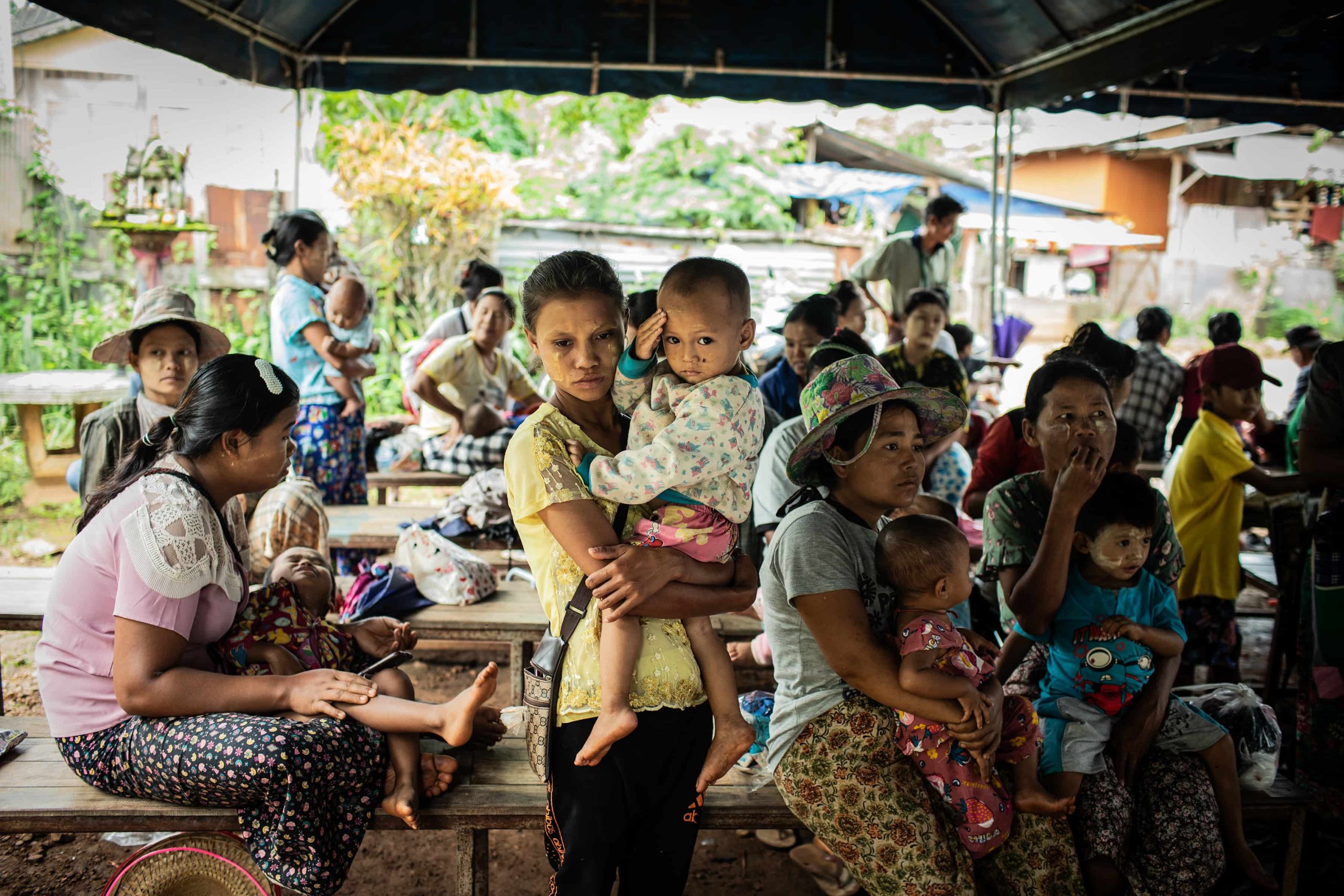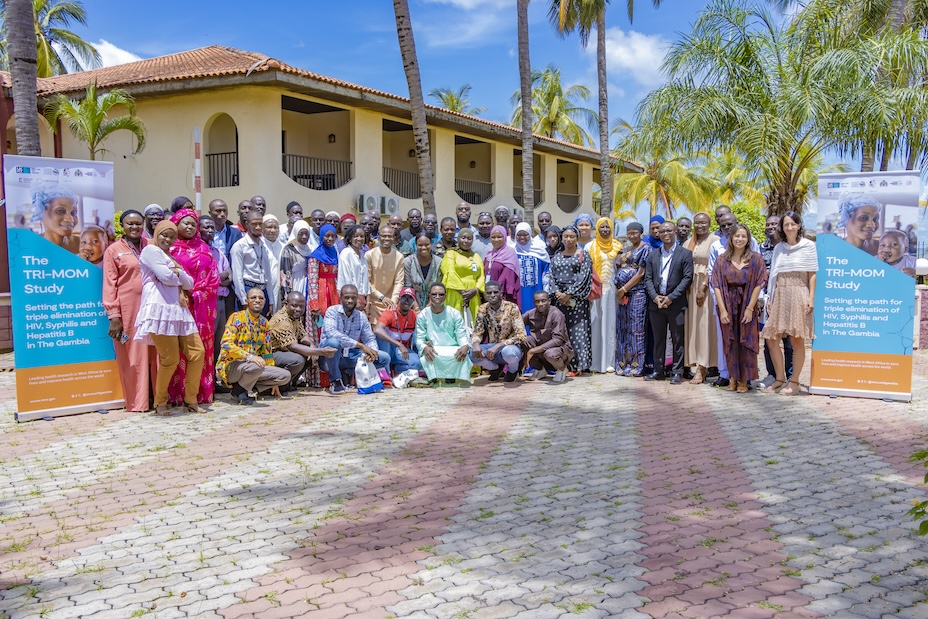Project Passerelles: supporting young people living with HIV
Adolescence is a challenging time for all teenagers worldwide, and even more so for young people living with HIV. To support them both medically and emotionally and help them take charge of their future, organizations from the Grandir Ensemble network are contributing to Project Passerelles. This initiative, implemented by Sidaction with the support of L’Initiative, operates in Burkina Faso, Burundi, Côte d’Ivoire, and Togo. The program focuses on training, empowerment, and support, ultimately aiming to transfer skills to national stakeholders and scale up its impact.
“Every five minutes, a child dies of an AIDS-related illness somewhere in the world. We, children, adolescents, and young people living with HIV, face stigma, discrimination, and immense barriers to accessing healthcare. This situation is unacceptable.”
This was the powerful message shared on August 12, 2024, International Youth Day, by Amanda Martty Dushime, a peer educator and member of the Global Fund Youth Council. Amanda is one of the young leaders stepping up in the fight against HIV, part of a growing movement supported by organizations in the Grandir Ensemble network. Several of these organizations, based in Burkina Faso, Burundi, Côte d’Ivoire, and Togo, are actively engaged in Project Passerelles, led by Sidaction.
This program focuses on skill transfer and improving access to HIV prevention, care, and treatment services for children, adolescents, and young people.
A comprehensive approach to health
Project Passerelles is the third phase of an initiative launched in 2017 under the name “Programme Ado,” following the Grandir Project implemented between 2006 and 2016. It has three main objectives: to transfer skills and HIV prevention and care approaches to national stakeholders, to strengthen the leadership and participation of young people in decision-making processes and actions against HIV, and to support the empowerment of the Grandir Ensemble network, named after the initial Grandir Project.
Breaking the news of HIV status to a young person requires careful preparation, as does initiating a conversation with a young girl about her sexuality.
“The training component of the project targets doctors, pediatricians, nurses, midwives, and community actors. It involves specific therapeutic knowledge and skills for managing HIV, of course, but it is above all a person-centered approach that addresses sexual health and mental health issues.”
Soumeya Rahli, Child and Adolescent Program Lead at Sidaction.
Structuring the pediatric care support offer
The focus of Project Passerelles is primarily on training trainers to strengthen national pools of expertise and extend approaches, often already well established in associations, to public health centers. Comprehensive programs have been implemented, combining theoretical courses, practical internships, and “supervisory training,” where trainers visit the facilities. Key issues in HIV care for children, adolescents, and young people are addressed through these training programs, including therapeutic exhaustion, early childhood testing and treatment, sexual and reproductive health for young people living with HIV, and mental health.
Mental Health: the forgotten aspect of traditional healthcare systems
Several surveys have confirmed the findings of the associations—anxiety and depression disorders are higher among young people living with HIV.
“Adolescence is already a time of great transformation. Add to that the need to take medication every day and often a complicated family situation, and it becomes explosive.These young people have a unique life experience. It can be a strength, but it is also a source of great vulnerability.”
In addition to the training component for healthcare providers, Project Passerelles includes support systems and opportunities for young people to speak out. One of the goals of the new phase of the project is to train public health structures on mental health, an issue often overlooked due to lack of resources. Soumeya Rahli explains that sometimes simple steps can be taken to better tailor services to the needs of young people, “such as scheduling all their appointments on a day when they don’t have school, so they can visit all the services and then join a support group.”
Young people taking control of their health
In Togo, Project Passerelles operates under a tripartite agreement between the National HIV-HBV-STD Program and the associations Espoir Vie Togo and Aide Médicale et Charité. It has now expanded to public health structures and other associations, which benefit from the training and refer young people living with HIV whom they follow.
“Adolescents don’t worry about our institutional boundaries. They share the message and help each other. Wherever they come from, they are welcomeOur guiding principle is to believe in these young people. We work on the two pillars of treatment and psychological support. Children living with HIV become adolescents who must transition to adulthood, finding answers to major questions about sexuality and social integration.”
Jean-Marie Alley, national coordinator of Project Passerelles and psychologist at the Lucia Health Center of Espoir Vie Togo.
That’s why Project Passerelles includes a component aimed at strengthening youth leadership. For Soumeya Rahli, it starts simply by telling them that they are legitimate and that they are the best placed to speak about life with the disease. The program includes training and support directly targeting young people: peer-led discussion groups and, for those interested, guidance toward leadership at national and international levels.
Peer Educator: a key role to support
Project Passerelles structures an already well-established network of peer educators: young people living with HIV who are on the same level as their peers, in connection with associations and healthcare providers.
“Peer educators are not here to replace healthcare providers, but they play an important role in offering advice and informal support. They can also help reconnect with adolescents who no longer attend consultations.”
As part of Project Passerelles, action guides have been developed to ensure ongoing training for peer educators and their renewal, generation after generation. For Sidaction, the goal is also to support these young people, and the associations help them find the right level of commitment and chart their own path.
“They endure a lot of suffering, which adds to their personal situation. Therefore, we support them psychologically and materially, so they don’t have to cover communication costs themselves, nor should they be trapped in a caregiver role while they are still building their own lives.”
Passing the baton: from Sidaction to Grandir Ensemble
Project Passerelles began in January 2024 and is set to last for four years. The project follows a model of passing the baton between Sidaction and the Grandir Ensemble network. By 2028, Sidaction plans to step back after helping the network structure its actions with associations, national programs, and public health centers.
“By the end of the project, we must be independent. We have the expertise in organizing training and supporting young people. Our goal today is to progress in mobilizing our own financial resources and establishing an effective management system that inspires trust.”
The ultimate aim is to extend the support mechanisms to the 18 member associations of the Grandir Ensemble network across 11 African countries, ensuring the project’s sustainability and broader impact.
